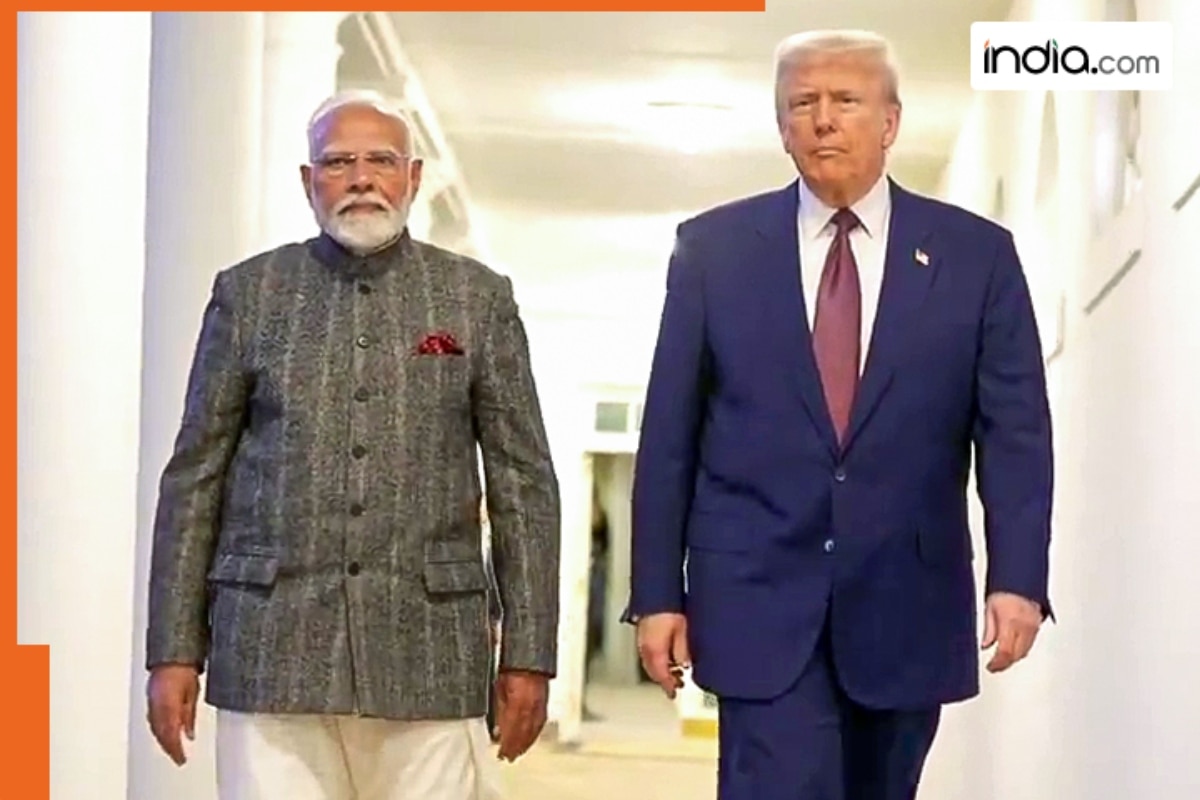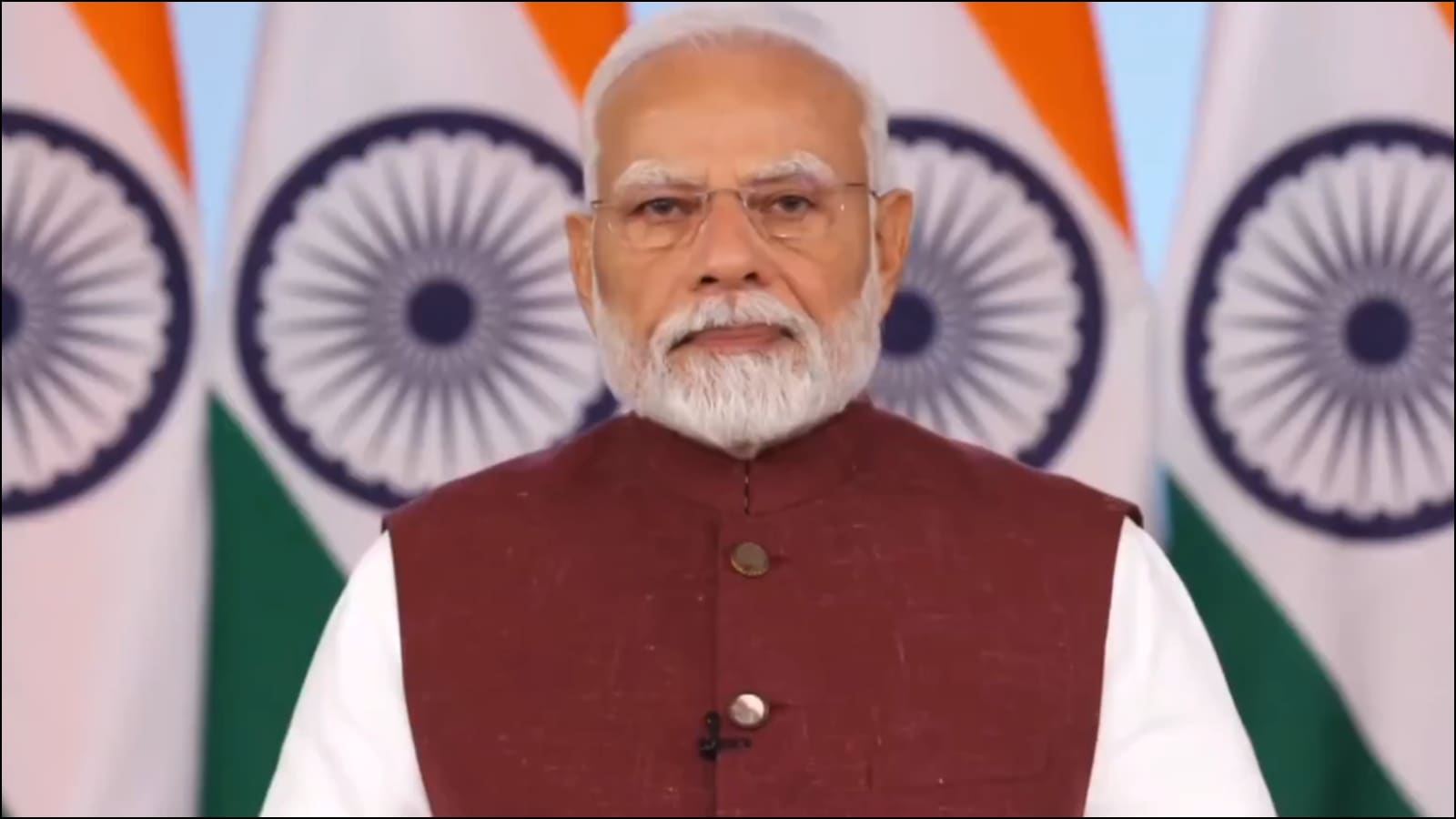The Calcutta High Court began hearings on Monday regarding two separate appeals — one filed by the West Bengal government and the other by the Central Bureau of Investigation (CBI) — both challenging a trial court’s decision to sentence Sanjay Roy, convicted in the RG Kar Hospital rape-murder case, to life imprisonment until death.
Both the state and the CBI have separately argued that the sentence handed down by the Sealdah Sessions Court was insufficient and have called for the imposition of the death penalty instead.
Advocate General Kishore Dutta, representing the West Bengal government, presented the case for the state’s appeal, asserting that the state too had the right to challenge the trial court’s decision. He pointed to a legal provision that allows state governments to appeal sentences in cases where the punishment is deemed inadequate, citing the amendment of Section 377 as an example where such rights were expanded.
Dutta went on to explain that both the CBI and the state government were in agreement that Roy’s life imprisonment sentence was insufficient, with both parties seeking the death penalty. He also referred to precedent cases, including that of former Bihar Chief Minister Lalu Prasad Yadav, to support the argument for the state’s right to appeal in such matters.
Justice Debangsu Basak, presiding over the case, observed that the object of both the CBI and the state’s appeals was the same — the pursuit of a harsher sentence for Roy. However, Justice Basak informed the petitioners that the federal structure of the country should not be overlooked.
The judge acknowledged that if the central government had the right to appeal, the state could exercise similar rights. In response to the state’s argument, Dutta further requested the appointment of a Public Prosecutor to represent the state’s interests more effectively in this case.





